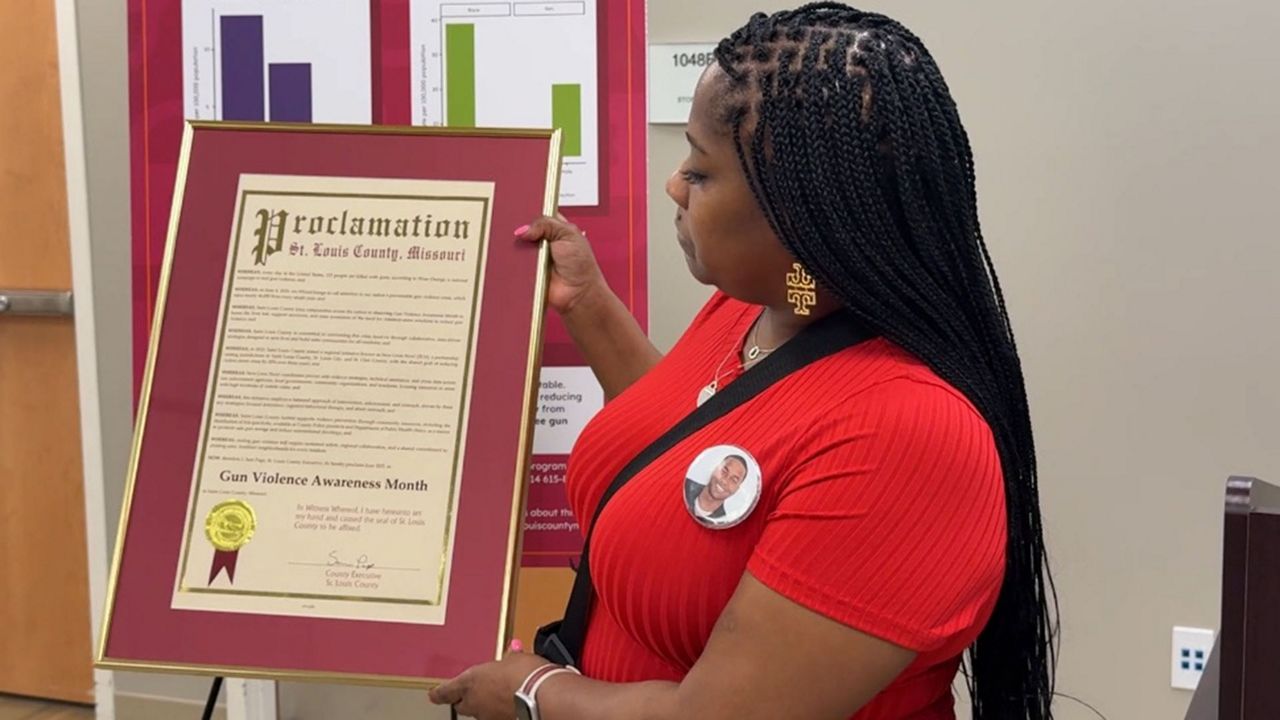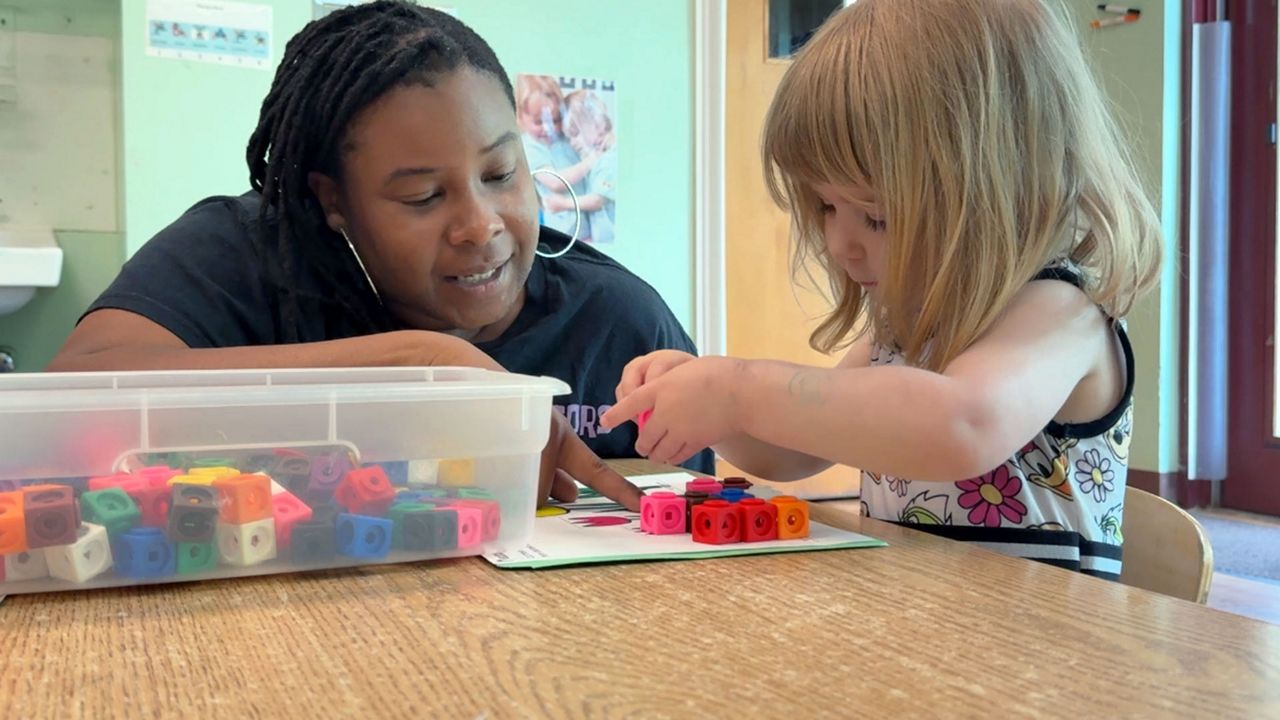ST. LOUIS — Some St. Louis area school districts are reviewing materials that may be in violation of a new Missouri law that bans content containing “explicit sexual material” in both private and public schools.
SB 775 goes into law Aug. 28 and was part of a Missouri bill addressing child trafficking, sexual assault and other related crimes.
The bill defines explicit sexual material as any visual depictions of acts of sex and genitalia, according to a summary of the bill. Materials that are exempt include those that “have a serious artistic significance, works of anthropological significance or materials used in science courses.”
Violations of the law are a Class A misdemeanor resulting in a year in jail and a $2,000 fine, according to the bill.
Cathy Kelly, communications coordinator for Parkway School District, said while the district does not have materials that may be subject to the law in wide circulation, it is aware of a small number of items that may need to be excluded from libraries and classrooms.
“As our teachers and librarians are preparing for the return of students next week, we will be working with them to understand the new law and identify any items that may need to be reviewed,” she said.
However, the Missouri Association of School Librarians (MASL) is advising school districts to refrain from preemptively removing material based on the bill because “school library collections contain both works of art and informational texts, and school library books, whether fiction or nonfiction, meet both of those requirements,” according to an online statement on behalf of the organization.
MASL says districts should use those talking points to fully understand what is defined by SB 775.
The organization also stresses that school districts already have in place a “selection and reconsideration of materials” policies.
“These should clearly outline steps to purchase books and deal with book challenges when they arise from stakeholders. These policies should be written with librarian input and adopted by the district’s Board of Education,” according to the organization’s website.
Paul Ziegler, CEO of Education Plus, said school districts are “scrutinizing” their library collections to make sure they are in compliance with the law and have even done so prior to the passage of SB 775 because of the many book challenges and bans that have taken place.
Last school year, several St. Louis area school districts including Lindbergh, Wentzville, Francis Howell and Rockwood had book challenges over “All Boys Aren’t Blue,” “Crank,” “The Bluest Eye,” among others.
“It is a difficult balancing act for school leaders to ensure that students can experience a wide variety of literature and that catalogs don’t provide material that is inappropriate in the school setting,” Ziegler said.
“Having a collection that allows students to have access to literature that provides examples of characters that mirror their own characteristics and the characteristics of individuals in their everyday life is an important aspect of any school library.”
In February, two students sued the Wentzville School District in federal court over the banning of eight books written by and about communities of color, LGBTQ people and other marginalized groups. The students are being represented by the American Civil Liberties Union of Missouri (ACLU).
The ACLU told Spectrum News that First Amendment rights among students and educators across the nation “are under assault by extreme organized efforts to silence viewpoints and perspectives of marginalized communities by advocating for the removal of books featuring non-white and LGBTQ+ authors and protagonists.”
“These organizations are mistakenly pointing to the recently passed SB 775 to ramp up the number of book challenges and to intimidate librarians into censorship, even going so far as providing specific guidance for challenging books and filing police reports.”
The ACLU says it supports librarians, educators and students and “will continue to explore every avenue to fight these unjustified book bans and attempts to restrict speech.”








